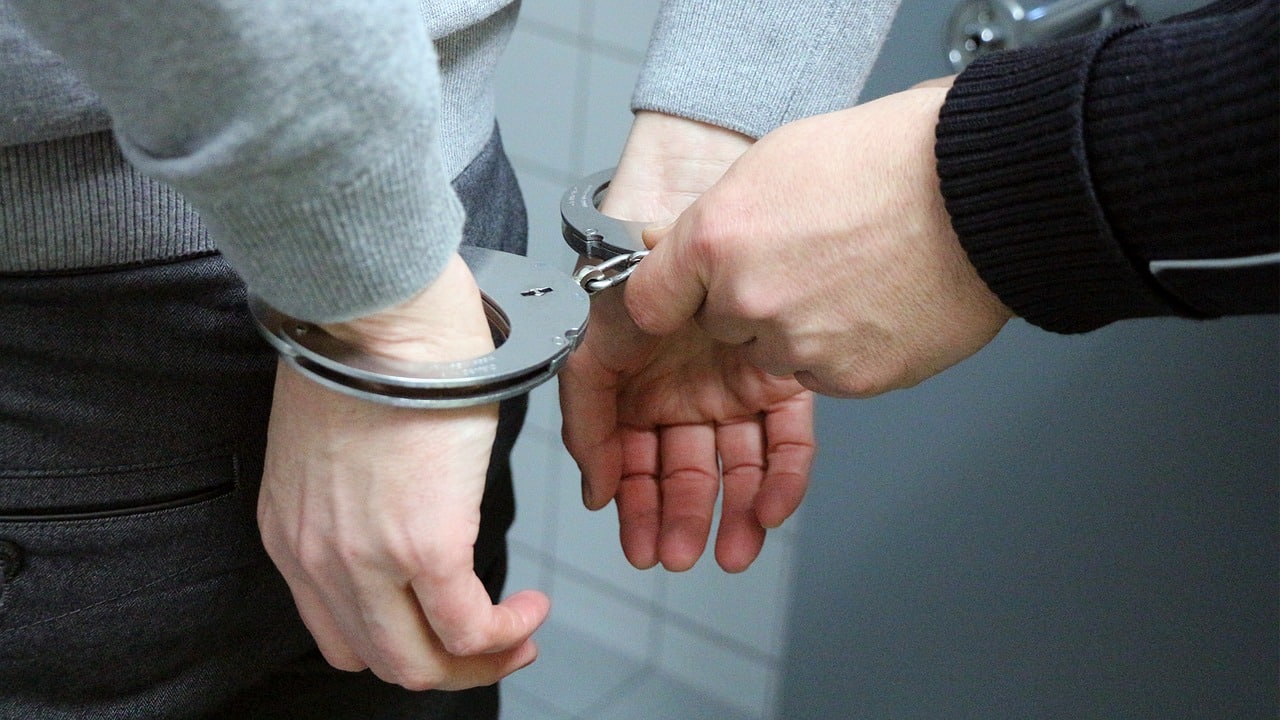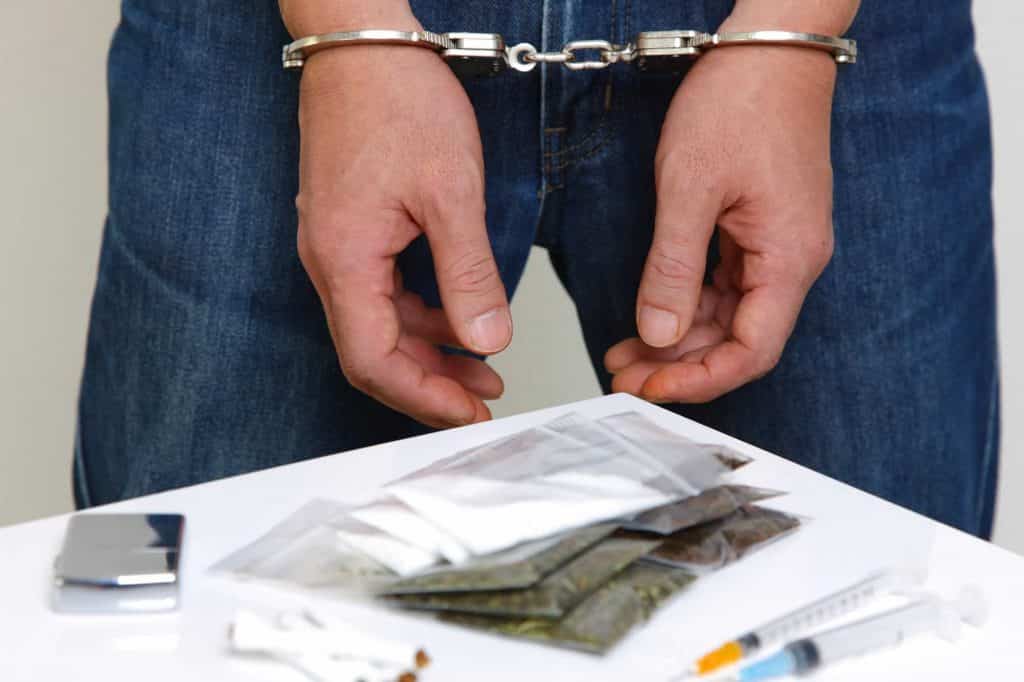Do you have a loved one on the wrong side of the law in Mecklenburg County, NC? If yes, you might be circling in despair to get them out of jail as soon as possible. Getting arrested can take an emotional toll on the defendant as well as their entire family, which is why posting bail as soon as possible is crucial. However, if you don’t have the necessary amount to post bail on behalf of the defendant, bail bonds in Mecklenburg County from licensed bail bond agents can be immensely helpful.
Wondering what bail bonds are, how they work, and what will your role be in the process? Here are some frequently asked questions that we are going to answer. Dive in to know more!
1. What are the different types of bail in Mecklenburg County, NC?
Judges in Mecklenburg County typically allow the following types of financial agreements when it comes to bail:
- Cash bond
- Surety bond
- Release on personal recognizance
2. Will I get the fees paid to my bail bond agency back?
Agencies forMecklenburg County, NC Bail Bonds, charge a non-refundable fee for the services, which is 15% of the bond amount. The non-refundable fee for the bail bonds is security when defendants decide to skip bail, and the bail bond agency forfeits the bail amount.
3. Can someone change their mind after bailing their family, friend, or acquaintance out of jail?
As a matter of fact, you can. If you bail someone out of jail and later become concerned that they will leave the town or be a threat to the community, you can always decide to cancel the bond, which is known as “surrendering.” However, before you make this move, understand that after surrendering the bail, the defendant has to go back to jail, and surrendering the bail might negatively impact their case.
4. How do judges grant bail and set the amount?
For granting bail and deciding the bail amount, judges typically consider several factors, including:
- The type of alleged crime (a misdemeanor or felony)
- If the defendant is a flight risk, how likely they would skip bail
- The criminal history of the defendant
- The safety of the arrested person, the victim, and others
- The defendant’s ties to the community
- The possibility of another crime
- Whether the defendant has a job that requires any in-person work
5. Can the bail bond agent persuade the judge to reduce the bail amount?
No, a bail bond agent cannot persuade a judge to reduce the bail amount. Yes, a lawyer can make an argument in court and request the judge ethically to lower the bail, but there’s no way a bail bond agent can help lower the bail amount.
Conclusion
If you don’t have the financial capability to secure bail, a bail bondsman in Charlotte, NC, can always help you to get out of jail. However, until your case is resolved and you are free without any charges, ensure to stay out of trouble because some things might land you back in jail. On the lookout for a professional bail bond agency help you secure bail? Drop us a line at Amistad Bail and Immigration Bonds today!












